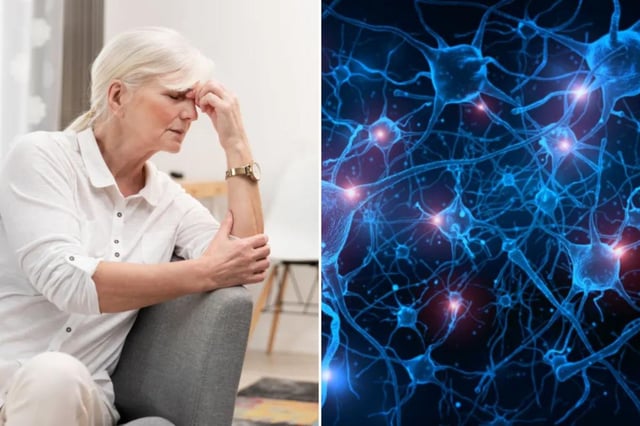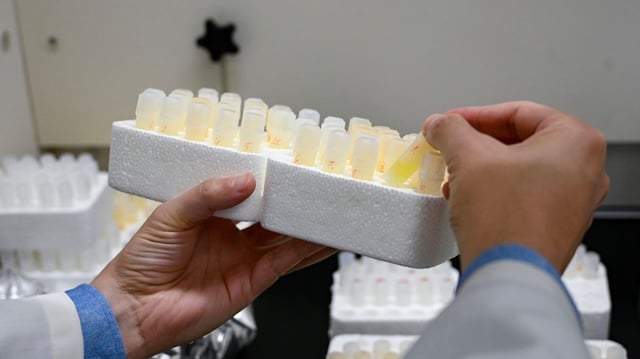Overview
- A Nature paper published August 5 reports that a natural drop in brain lithium levels may trigger Alzheimer’s pathology
- Mice on lithium-restricted diets developed accelerated amyloid and tau abnormalities while low-dose lithium orotate treatment both prevented and reversed memory loss
- Postmortem analysis of human brain and blood samples showed significantly lower lithium concentrations in individuals with mild cognitive impairment than in healthy controls
- Authors advocate measuring serum and brain lithium to detect Alzheimer’s risk at its earliest stages and recommend rigorous human trials to validate the findings
- Researchers caution against unsupervised lithium supplementation and note that effective dosing and safety must be confirmed in clinical studies despite lithium’s established psychiatric use



